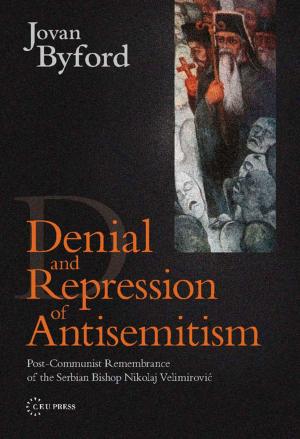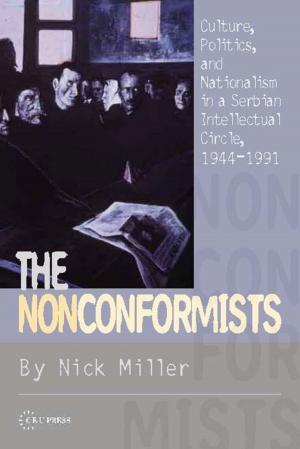A Tale of Two Villages
Coerced Modernization in the East European Countryside
Nonfiction, History, Eastern Europe| Author: | Alina Mungiu-Pippidi | ISBN: | 9789633860076 |
| Publisher: | Central European University Press | Publication: | February 16, 2013 |
| Imprint: | Central European University Press | Language: | English |
| Author: | Alina Mungiu-Pippidi |
| ISBN: | 9789633860076 |
| Publisher: | Central European University Press |
| Publication: | February 16, 2013 |
| Imprint: | Central European University Press |
| Language: | English |
This dramatic story of land and power from twentieth-century Eastern Europe is set in two extraordinary villages: a rebel village, where peasants fought the advent of Communism and became its first martyrs, and a model village turned forcibly into a town, Dictator Ceauşescu’s birthplace. The two villages capture among themselves nearly a century of dramatic transformation and social engineering, ending up with their charged heritage in the present European Union. "One of Romania’s foremost social critics, Alina Mungiu-Pippidi offers a valuable look at several decades of policy that marginalized that country’s rural population, from the 1918 land reform to the post-1989 property restitution. Illustrating her arguments with a close comparison of two contrasting villages, she describes the actions of a long series of “predatory elites,” from feudal landowners through the Communist Party through post-communist leaders, all of whom maintained the rural population’s dependency. A forceful concluding chapter shows that its prospects for improvement are scarcely better within the EU. Romania’s villagers have an eminent and spirited advocate in the author.”
This dramatic story of land and power from twentieth-century Eastern Europe is set in two extraordinary villages: a rebel village, where peasants fought the advent of Communism and became its first martyrs, and a model village turned forcibly into a town, Dictator Ceauşescu’s birthplace. The two villages capture among themselves nearly a century of dramatic transformation and social engineering, ending up with their charged heritage in the present European Union. "One of Romania’s foremost social critics, Alina Mungiu-Pippidi offers a valuable look at several decades of policy that marginalized that country’s rural population, from the 1918 land reform to the post-1989 property restitution. Illustrating her arguments with a close comparison of two contrasting villages, she describes the actions of a long series of “predatory elites,” from feudal landowners through the Communist Party through post-communist leaders, all of whom maintained the rural population’s dependency. A forceful concluding chapter shows that its prospects for improvement are scarcely better within the EU. Romania’s villagers have an eminent and spirited advocate in the author.”















